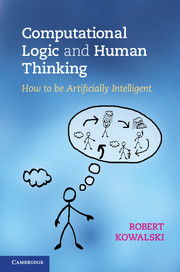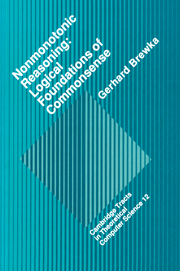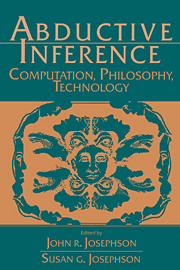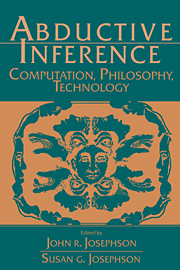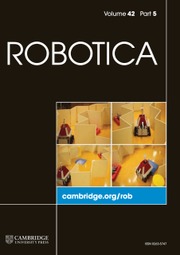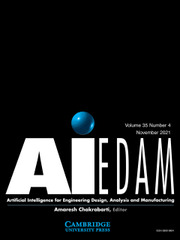Computational Logic and Human Thinking
The practical benefits of computational logic need not be limited to mathematics and computing. As this book shows, ordinary people in their everyday lives can profit from the recent advances that have been developed for artificial intelligence. The book draws upon related developments in various fields from philosophy to psychology and law. It pays special attention to the integration of logic with decision theory, and the use of logic to improve the clarity and coherence of communication in natural languages such as English. This book is essential reading for teachers and researchers who may be out of touch with the latest developments in computational logic. It will also be useful in any undergraduate course that teaches practical thinking, problem solving or communication skills. Its informal presentation makes the book accessible to readers from any background, but optional, more formal, chapters are also included for those who are more technically oriented.
- Gives an accessible overview of the field of artificial intelligence
- Makes the problem solving techniques of mathematics and computing available to students in any subject
- Numerous examples from various academic disciplines provide a bridge to related work in other fields
Reviews & endorsements
'[This book] is a superb introduction both to AI from within a computational logic framework and to its application to human rationality and reasoning. Nothing else comes close. Kowalski writes with philosophical insight and just the right level of technical expertise. He puts the excitement back in AI. This sets [this book] apart from the technically overwhelming, and all too often largely unintuitive and uninspiring, encyclopedic introductions that currently dominate the field.' Thomas A. Blackson, Arizona State University
'Artificial Intelligence (or AI) tries to program computers so that they can think intelligently like humans. In this book, one of the pioneers of AI suggests something new and original, namely to use the results of AI to improve human thinking … Anyone who wants to reason better and more effectively in everyday life should study Robert Kowalski's book.' Donald Gillies, University College London
Product details
July 2011Paperback
9780521123365
332 pages
228 × 152 × 17 mm
0.53kg
35 b/w illus.
Available
Table of Contents
- Preface
- Summary and plan of the book
- 1. Logic on the Underground
- 2. The psychology of logic
- 3. The fox and the crow
- 4. Search
- 5. Negation as failure
- 6. How to become a British citizen
- 7. The louse and the Mars explorer
- 8. Maintenance goals as the driving force of life
- 9. The meaning of life
- 10. Abduction
- 11. The prisoner's dilemma
- 12. Motivations matter
- 13. The changing world
- 14. Logic and objects
- 15. Biconditionals
- 16. Computational logic and the selection task
- 17. Meta-logic
- Conclusions of the book
- References
- Index.

